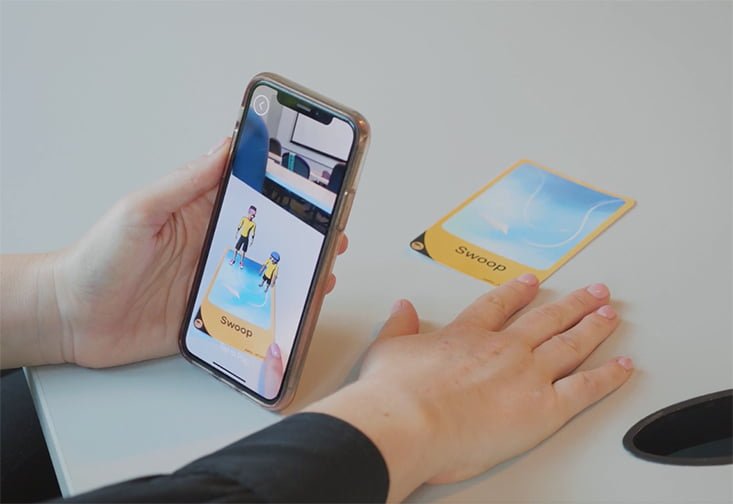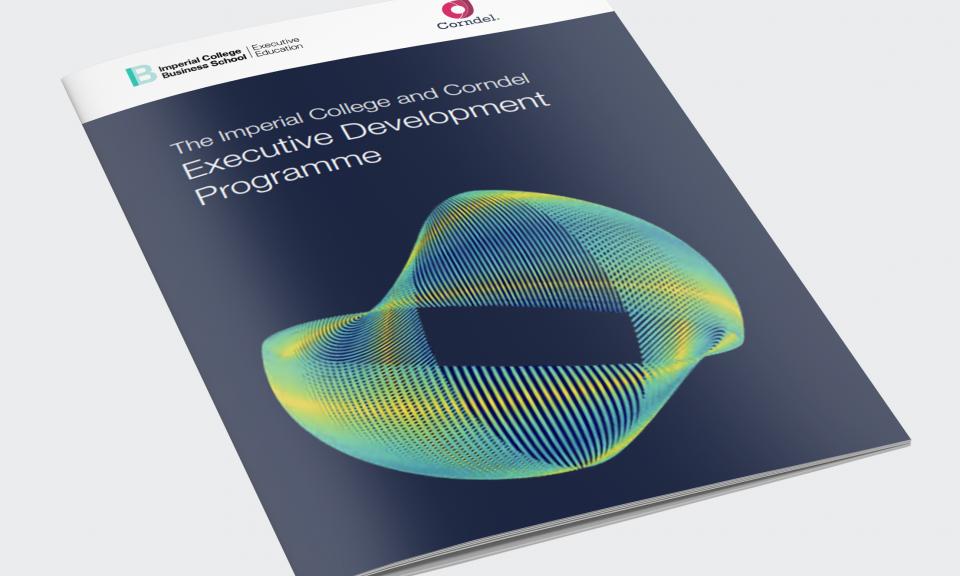
In his first trip to the country since he entered office, Malcolm Turnbull was accompanied by Australian education minister, Simon Birmingham, who led a delegation of 120 representatives from Australian universities, industry and training institutions.
Turnbull said in a speech that in the fields of education, training, science and innovation, “our dynamic and growing knowledge partnership can be truly transformative.”
“We will continue to ensure that we provide outstanding opportunities for Indian students,” he said. “And also that Australian students learn more about India by visiting and studying here including through the scholarships and grants supported by my government’s New Colombo Plan.”
“We will continue to ensure that we provide outstanding opportunities for Indian students”
Indian Prime Minister Narendra Modi echoed the importance of cooperation in education research, calling it “the most important field of engagement between India and Australia”.
The state visit took place over four days.
As well as the financial benefits, the mission focused on the potential to build education opportunities for both countries.
“On this mission we’ll be focused on making sure that we enhance the mutual recognition of qualifications, delivering increased opportunities for Australian providers to support the delivery of education in India, as well as reassuring Indians that Australia is a popular, safe, friendly destination for students to continue to come to in increasing numbers,” said Birmingham.
The Association of Australian Education Representatives in India hosted a reception in New Delhi, where the association’s president, Rahul Gandhi commended the move towards mutual recognition of master’s degrees.
Over the past year, AAERI has worked with Australia’s Department of Education and Training to extend postgraduate degrees from 1.5 years to two years to align with the Association of Indian Universities guidelines, which don’t recognise master’s courses of under two years.
Gandhi thanked Australian higher educators for their cooperation, saying: “This has helped thousands of Indian students obtain an equivalent qualification certificate from the Indian universities.”
Gandhi also praised to the country’s post-study work offering for Indian students, and Australia’s TAFE sector.
Australia has piloted a number of initiatives to help upskill the Indian workforce, in line with India’s goal to train 400 million people by 2022. During the visit, Birmingham opened the fourth Australia-India Skills Conference.
“It is a great opportunity to hear how Australia’s excellent vocational trainers can work alongside their partners in India to build the skills that India needs and to make productive and fulfilling relationships along the way,” he said.
Upskilling agreements that came out of the visit included the launch of a pilot run of the ‘training the trainer’ courses for 250 students in five cities in India.
Meanwhile, Universities Australia hosted a roundtable during the visit, with the aim of increasing research and employability collaborations between Indian and Australian universities.
“It’s clear that both countries’ universities, in areas like research and training, have a lot to offer each other”
“These are two countries that understand the value of education, research and innovation in powering future prosperity,” said Belinda Robinson, chief executive of Universities Australia. “It’s clear that both countries’ universities, in areas like research and training, have a lot to offer each other.”
Education ties between India and Australia are already strong, with over 60,000 Indian students studying in Australia in 2016.
However, this number dipped in 2009/10 after a series of assaults and racial abuse against Indian students damaged Australia’s reputation in the country.
“Around one in 10 of Australia’s international students come from India and we’re the second-most popular destination for Indian students,” Birmingham said.
“We’re committed to providing Indian students who choose to study in Australia with a high quality education and safe place to study when they visit.”
[Source:- Pienews]













